Welcome to “Journey to the Cure.” This is a web series that chronicles the progress at the Hepatitis B Foundation and Baruch S. Blumberg Institute towards finding the cure for hepatitis B.
In the second episode (part 2), Kristine Alarcon, MPH sits down with Chari Cohen, DrPH, MPH, Vice President of Public Health Programs of the Hepatitis B Foundation, to talk about public health research at the Hepatitis B Foundation.
For any questions about hepatitis B, please email info@hepb.org.
Disclaimer: The information provided in this audio post is not intended to serve as medical advice of endorsement of any product. The Hepatitis B Foundation strongly recommends each person discuss this information and their questions with a qualified health care provider.
Edited by:
Kristine Alarcon, MPH and Samantha Young
Music:
Modern – iMovie Library Collection
Script:
Welcome to Journey to the Cure! Every month, we’ll sit down with scientists from the Hepatitis B Foundation and the Baruch S. Blumberg Institute to talk to you about hepatitis B and efforts to find a cure for hepatitis B. There’s still a long way to go, but we’re here to walk you through our journey.
Kristine Alarcon, MPH:
In our last episode, Dr. Block was talking about how the Hep B Foundation is dedicated to public health research. Can you tell us more about that?
Chari Cohen, DrPH, MPH:
One of our major goals is to get everyone in the United States – or in the world really – but primarily in the US, everyone who has hepatitis B should be aware of their diagnosis and should be able to access to care. In order to do that, we have to do research. We have to figure out what are the best ways to get people tested and into care. In order to do that, we have to first figure out why people aren’t getting tested now, what barriers are people facing, what challenges are people facing to get tested, and how can we help them overcome those challenges. Every time we do a public health program, we are also doing research, so we are collecting a lot of data. And then, we use the data to develop new programs, and we share it with others as well. We also collect information and data on prevalence, so looking at where some of the high risk and highly impacted communities are in the U.S. We will do testing ourselves. We’ll go into communities in Philadelphia, and we’ll do hepatitis B testing. Through that, we know which communities need more care.
Kristine Alarcon, MPH:
What types of public health programs are you carrying out right now?
Chari Cohen, DrPH, MPH:
We have a number of different programs right now. One is our Hep B United Philadelphia program, where we like to train the trainers. In Philadelphia, we’re training people who do health education; we’re training community leaders; and we’re helping them to learn about hep B, so that that they can go into high risk communities and teach other people about hep B. We’re also screening a lot of people. This year, we screened a little over 200 people for hepatitis B. When we find people to be infected, we link them into care. We’re also working on a new project, looking at the challenges that African immigrants face in the US in terms of hepatitis B testing. We’re trying to figure out what are the best ways to overcome those challenges and what are the best ways to get people tested and into care. And then, we have our #justB program, which is our national patient storytelling program, where people who have hep B or with family members who have hep B tell their stories and make videos, and they share how hep B has impacted their lives.
Kristine Alarcon, MPH:
Thank you so much for joining us in this episode!
Chari Cohen, DrPH, MPH:
Thank you!


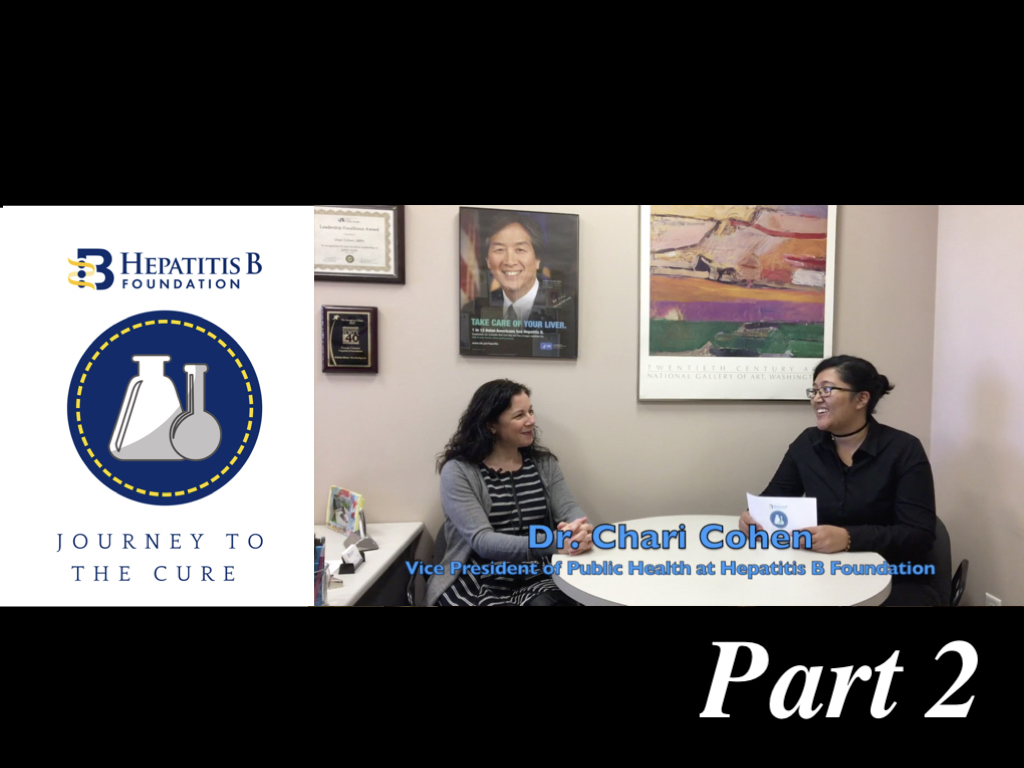
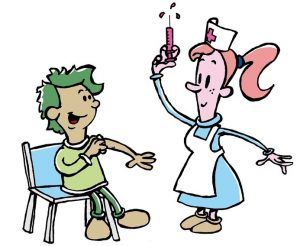
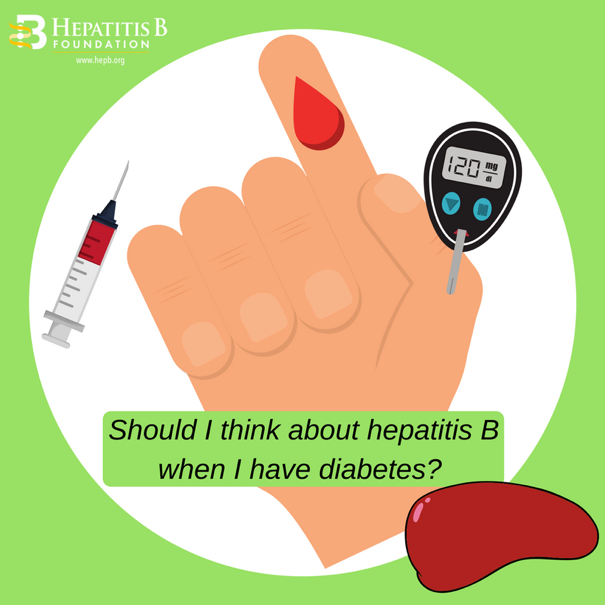 March 27th is
March 27th is  Around the world, the most common mode of hepatitis B transmission is from mother to child. Unfortunately, pregnant mothers who have hepatitis B can transmit the virus to their newborn during the delivery process. 90% of these HBV infected babies will progress to chronic infection putting them at increased risk of serious liver disease or liver cancer later in life.
Around the world, the most common mode of hepatitis B transmission is from mother to child. Unfortunately, pregnant mothers who have hepatitis B can transmit the virus to their newborn during the delivery process. 90% of these HBV infected babies will progress to chronic infection putting them at increased risk of serious liver disease or liver cancer later in life.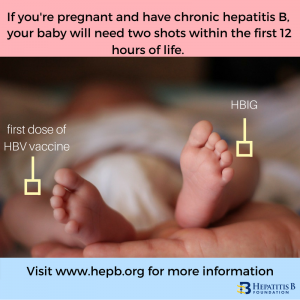 The
The 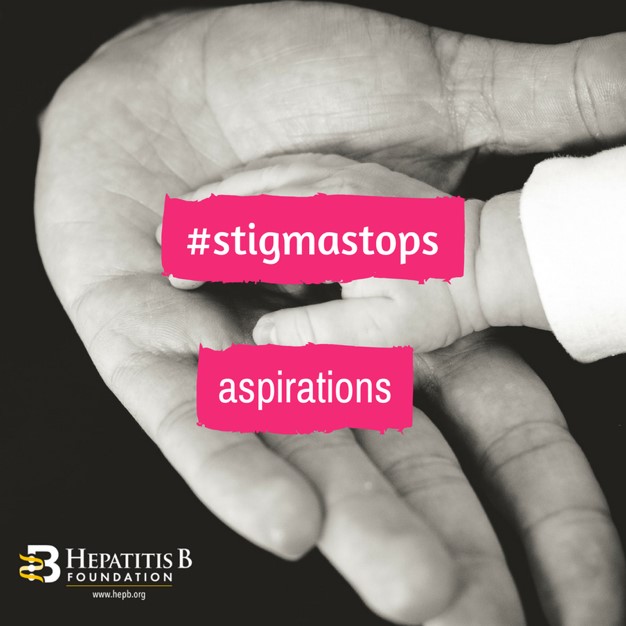 Around the world, millions of people with chronic hepatitis B face wrenching discrimination that limits their dreams, education, careers, income and personal relationships.
Around the world, millions of people with chronic hepatitis B face wrenching discrimination that limits their dreams, education, careers, income and personal relationships.
 Have you been thinking about adoption for a long time or have been inspired by NBC’s show, This is Us, to adopt? Adoption is exciting! However, it can be nerve wracking and feel overwhelming. We at the Hepatitis B Foundation can help with one aspect of the adoption process – making sure you have accurate information about hepatitis B.
Have you been thinking about adoption for a long time or have been inspired by NBC’s show, This is Us, to adopt? Adoption is exciting! However, it can be nerve wracking and feel overwhelming. We at the Hepatitis B Foundation can help with one aspect of the adoption process – making sure you have accurate information about hepatitis B.
